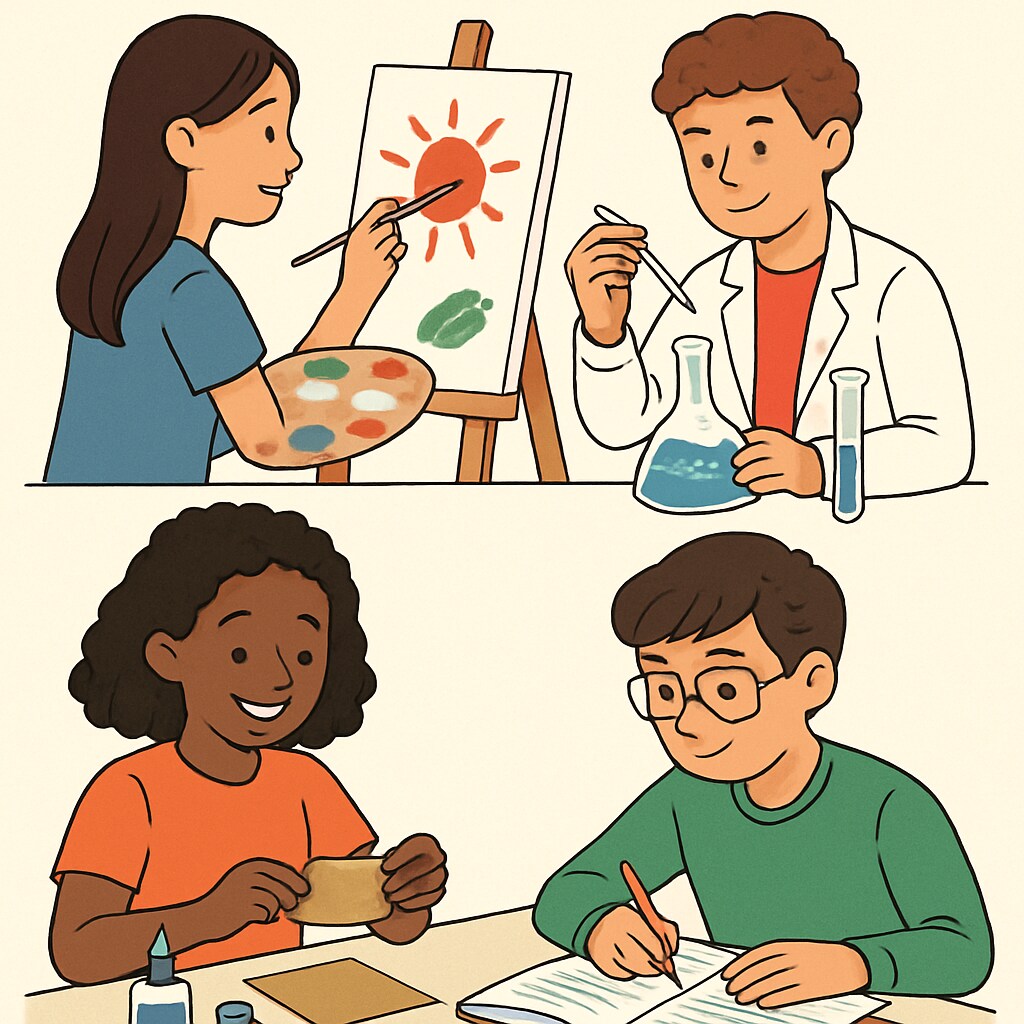Current gifted student programs often rely heavily on standardized testing, unintentionally excluding talented learners with ADHD (Attention-Deficit/Hyperactivity Disorder). While these tests are designed to assess intellectual capacity, their rigid structure often overlooks the unique ways ADHD students process information and demonstrate their intelligence. This article delves into the limitations of these systems, explores the challenges ADHD students face, and advocates for a more inclusive approach to gifted program evaluations.
Standardized Testing: A Barrier to Recognizing ADHD Potential
Standardized examinations are widely used to identify gifted students, as they provide measurable results. However, these tests often emphasize narrow skill sets, such as verbal reasoning or mathematical ability, while undervaluing creativity, problem-solving, and divergent thinking—traits commonly found in ADHD learners. For example, ADHD students may excel at generating innovative ideas or tackling complex challenges but struggle with time constraints and repetitive tasks inherent in standardized testing.

In addition, ADHD students frequently face difficulties with sustained focus, impulse control, and executive function, which can negatively impact test performance. These challenges are often misinterpreted as a lack of ability rather than differences in cognitive processing, leading to their exclusion from gifted programs. According to a Britannica article on ADHD, these traits are part of the disorder’s neurological basis, not an indicator of intellectual capacity.
Rethinking Gifted Program Evaluations
To create a more inclusive gifted evaluation system, educators and policymakers must reconsider their reliance on standardized testing and embrace alternative methods. For example:
- Portfolio Assessments: Allow students to showcase their talents through creative projects, written work, or multimedia presentations.
- Behavioral Observations: Focus on traits like curiosity, problem-solving, and leadership in classroom settings.
- Dynamic Testing: Use assessments designed to measure learning potential rather than static knowledge.

These approaches can uncover talents that standardized tests often miss, ensuring students with ADHD have equal opportunities to be recognized for their abilities.
Supporting ADHD Students in Gifted Programs
Once ADHD learners are identified as gifted, they require tailored support to thrive. Educators should implement accommodations such as:
- Flexible deadlines and schedules to accommodate varying attention spans.
- Breaks for physical movement during lessons to help focus.
- Tools like noise-canceling headphones or fidget aids to manage sensory input.
Additionally, collaboration between teachers, parents, and specialists can create individualized learning plans that address both strengths and challenges. For comprehensive information on ADHD accommodations, visit the ADHD page on Wikipedia.
Conclusion: Unlocking Hidden Potential
Gifted programs have the power to nurture exceptional talents, but their current evaluation systems often overlook students with ADHD. By adopting more inclusive methods and providing tailored support, educators can ensure every gifted student—regardless of learning differences—has the opportunity to excel. A reevaluation of standardized testing practices is not just necessary; it is vital for building a truly equitable educational environment.


